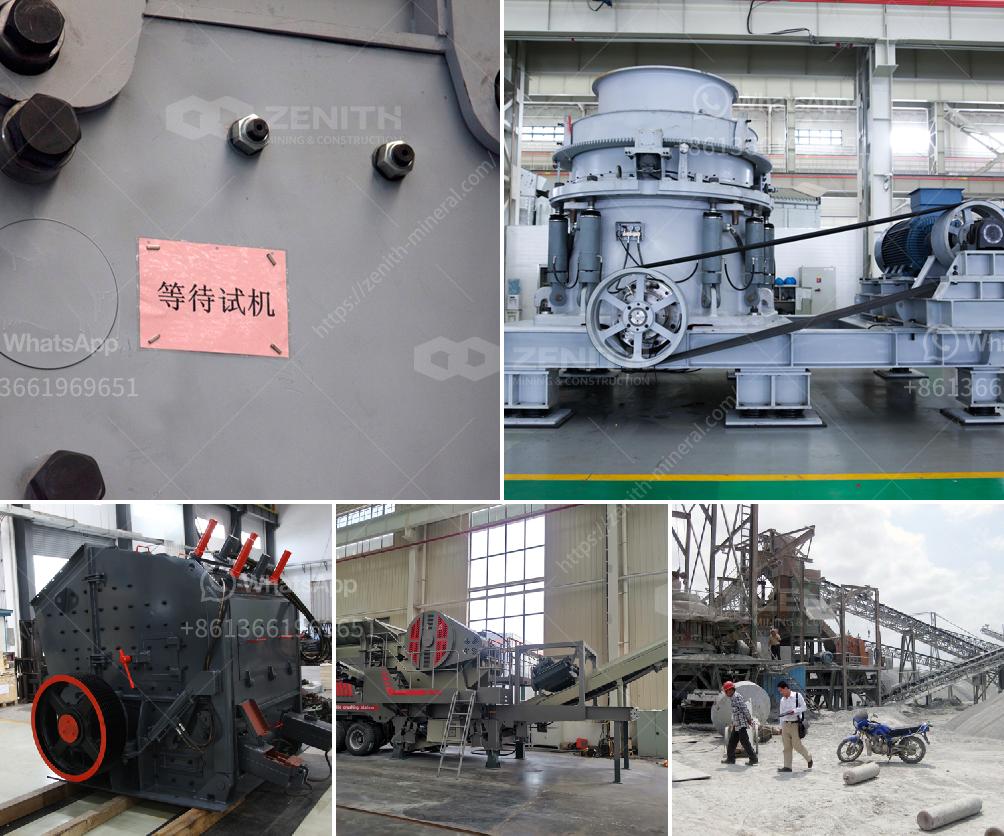Setting up an iron ore processing plant involves several key steps. Here’s a broad outline to guide you through the process:
1. Feasibility Study
- Market Analysis: Evaluate the demand, supply, and prices of iron ore.
- Resource Assessment: Analyze the quality, quantity, and type of ore reserves.
- Technical Feasibility: Investigate the best processing methods and technologies.
- Financial Feasibility: Estimate the cost of the project and forecast future returns.
2. Site Selection
- Proximity to Resources: Choose a location close to the iron ore deposits.
- Logistics: Ensure accessibility by road, rail, or water transport.
- Infrastructure Availability: Assess the availability of water, electricity, and other necessary utilities.
- Environmental Considerations: Perform environmental impact assessments and ensure compliance with local regulations.
3. Obtain Permits and Licenses
- Local Government Permits: Secure land use and environmental permits.
- Mining Licenses: Obtain the necessary mining licenses or leases.
- Construction Approvals: Get the required construction and operation permits.
4. Design and Engineering
- Plant Layout: Design the layout of the plant, including ore receiving, crushing, grinding, separation, and beneficiation units.
- Process Flow: Detail the processing methods and configurations, possibly incorporating crushing, milling, gravity separation, magnetic separation, flotation, etc.
- Equipment Selection: Specify and source equipment such as crushers, grinders, separators, and conveyors.
5. Construction
- Site Preparation: Clear and prepare the site for construction.
- Civil Works: Build foundations, structures, and support facilities.
- Mechanical Installation: Install processing equipment, conveyors, and support systems.
- Electrical Work: Establish power supply and control systems.
6. Commissioning and Testing
- Pre-commissioning Tests: Test individual components and systems.
- Integration: Carry out integrated testing of the whole process.
- Trial Runs: Conduct trial runs and adjust the process for optimization.
- Training: Train personnel on operations, safety, and maintenance.
7. Operations
- Initial Operations: Start plant operations with initial ore processing.
- Monitoring: Continuously monitor performance, product quality, and waste management.
- Maintenance: Implement a regular maintenance schedule for all equipment.
- Optimization: Fine-tune the process to improve efficiency and output.
8. Marketing and Sales
- Product Specification: Ensure the iron ore product meets market specifications.
- Sales Contracts: Establish agreements with buyers for consistent sales.
- Distribution: Manage the logistics for transporting the processed ore to customers.
9. Compliance and Sustainability
- Safety Standards: Adhere to occupational health and safety regulations.
- Environmental Management: Implement measures to mitigate environmental impact, including wastewater management, dust control, and waste disposal.
- Community Engagement: Engage with local communities to ensure support and address concerns.
Final Thoughts
Every step requires careful planning, expert consultation, and a good understanding of the iron ore industry. Collaborating with experienced engineers, geologists, and financial analysts will enhance the chances of a successful venture.

